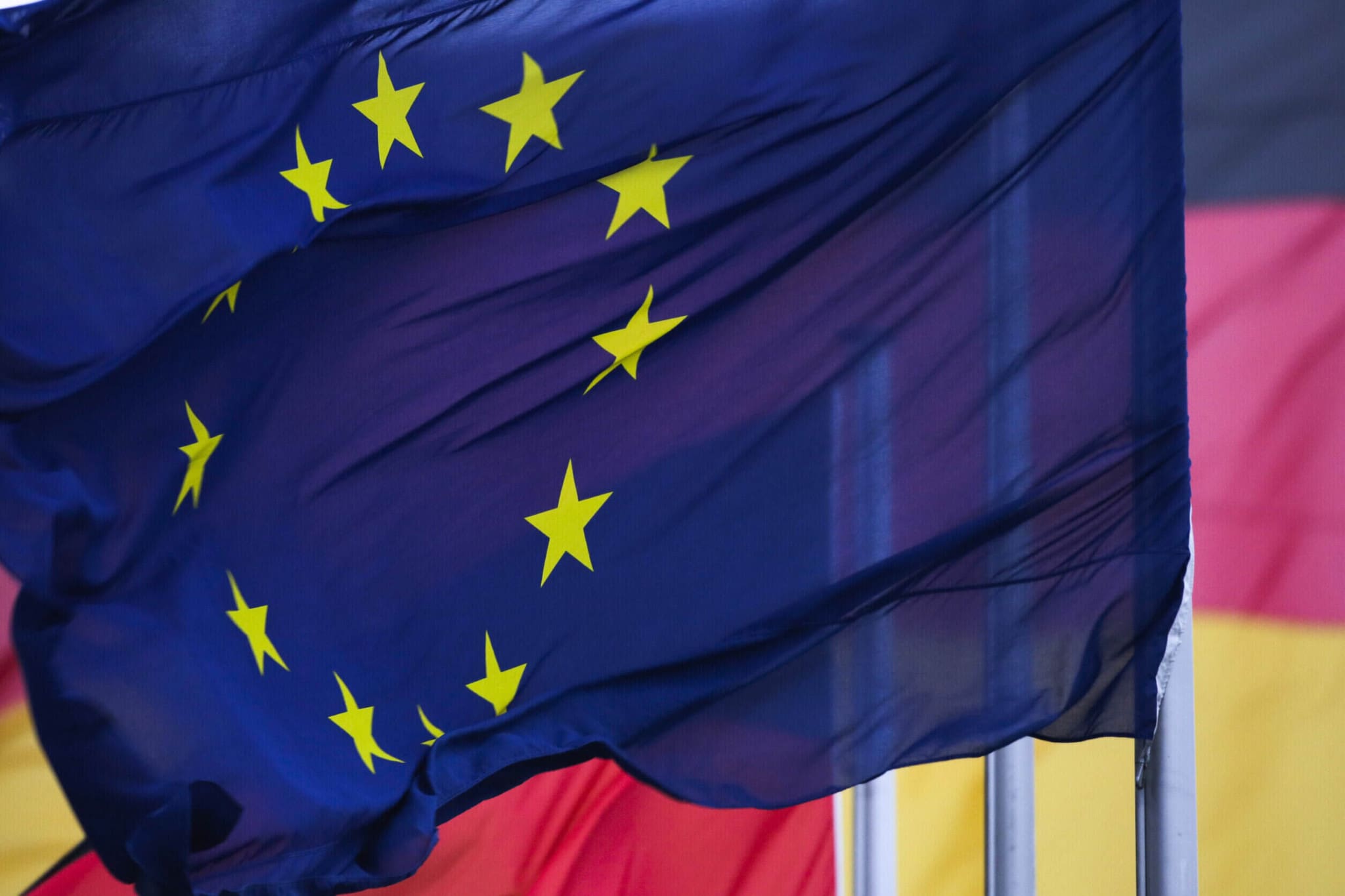“Germans are voting for an early Christmas.” That is how Prof. Zbigniew Krysiak from the Warsaw School of Economics and the head of the Institute of Schumann Thought describes German actions over the blocking of funds from the Polish Operational Program of the EU recovery fund.
He believes that it is in Germany’s economic interest for their companies to be able to benefit from investments in Poland and that given its problems, Germany should want to put the economy above ideology.
Prof. Krysiak says that the European Commission is behaving ideologically over funds for Poland. It insists that Poland follow all EU restrictions but ignores the fact that countries such as Germany, France, Spain, Italy, and Austria have long since crossed the threshold of public debt being 60 percent of their GDP, with no action taken against them.
The professor believes that Germany and the Commission are blackmailing Poland in order to leverage a change of government. This is a big risk for the Commission, should this political course of action fail. It is also a risk for Germany, as it reduces the potential of German companies to take advantage of parts of these funds for Poland.
Trade with Germany accounts for a quarter of Polish GDP, and this means that German companies are heavily invested in Poland and its economic development. Stopping funds to Poland is not in the interests of German business and he expects the business sector in Germany to begin lobbying against the European Commission’s line on Poland.
Professor Krysiak believes the present German government is committed to a European superstate. He also considers its policy of establishing a set tax on emissions not tied to market value as being inflationary and reminiscent of communist central planning.
The Polish academic feels that the political situation in Germany is increasingly unstable. One symptom of this is the charges being leveled at German Chancellor Olaf Scholz. Such charges are unusual in German politics and indicative of his weakness.
Krysiak does not believe that the EU recovery fund allocation is a deal breaker for the Polish economy. He points to the fact that EU funds year over year account for a decreasing amount of Polish GDP, and to the fact that a significant part of the recovery fund comes in loans and not grant funding. In fact, Poland’s social spending, which it funds from its own budget, is considerably larger than any funds coming from the EU recovery fund.
Over the last few years, Poland has radically increased its tax yield, closed tax loopholes, and kept its level of debt down better than most in the EU. Unlike the previous government, this one has not had to resort to raiding pension funds to keep public debt in check. Today, Poland has been able to move from having to borrow in euros to being able to borrow from its own citizens, which is less risky and more productive for the country’s economy.





